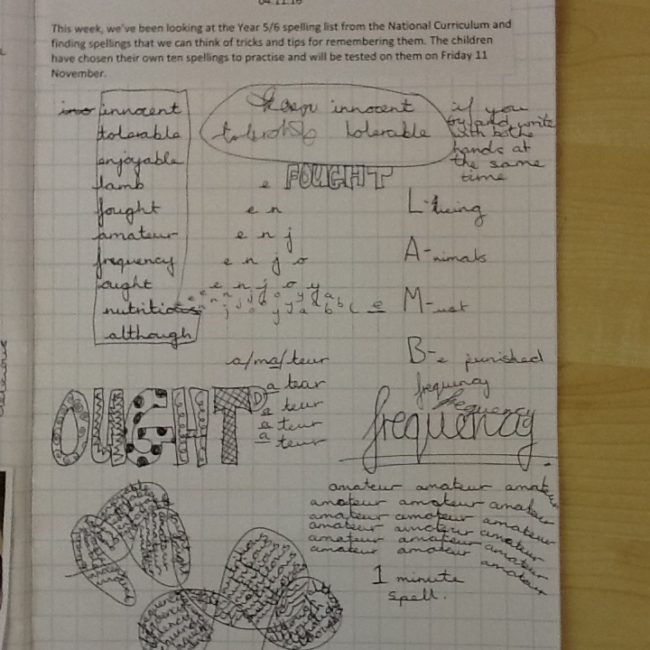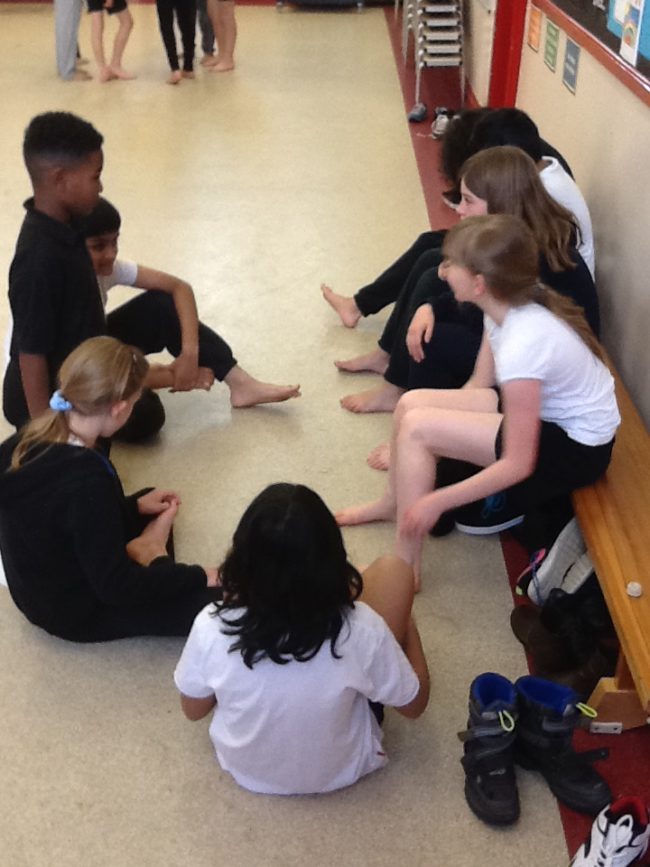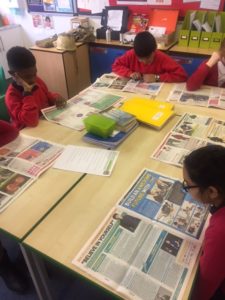This week’s Talk Time homework links to Anti-bullying Week and the discussions we’ve had in class.
What is bullying and what can I do about it?
Talk to each other about what bullying is; it’s also important to talk about what bullying isn’t so that we can recognise when something is and isn’t bullying. Then, make sure that you know how to deal with bullying if you experience it yourself or see it happening to someone else.
Don’t forget to write a few notes to aid the discussion we’ll then have in class.


